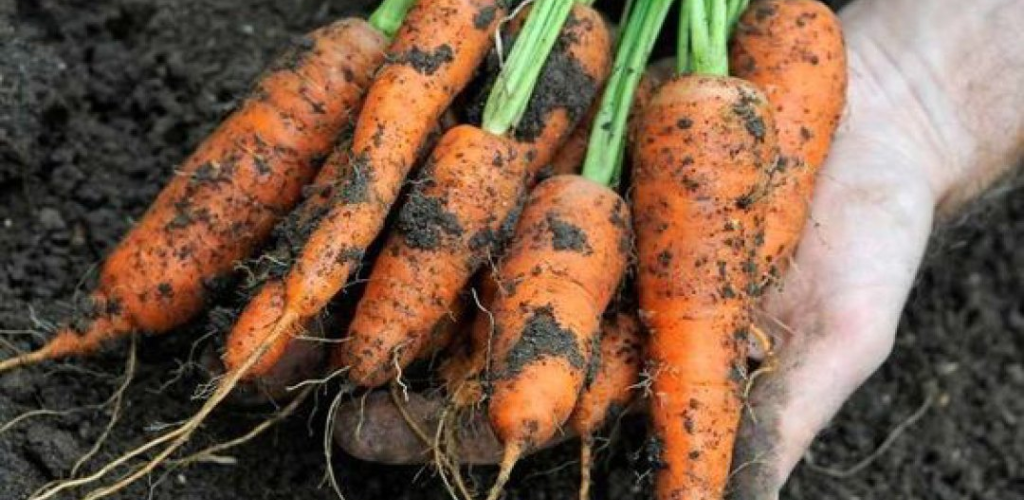Carrot fly: how to fight this vegetable garden pest?
The carrot fly is one of the most common crop pests. In fact, it is well known to all gardeners. With its scientific name Psila rosae, it not only affects carrots, but also celery, parsnips and parsley. These plants are also said to be victims of the “carrot worm”. Where does it come from and how to get rid of it? Here are some tips for fighting the scourge of the carrot fly.
What is a carrot fly?
This insect is particularly present between April and October, because this is when several generations of flies follow one another following the first contamination. The most significant damage begins to be visible during the month of July, then throughout the summer. Unfortunately, winter does not kill them, because the youngest larvae hibernate during this period. At the end of winter, they therefore restart a cycle of contamination.
This small fly measures about 5 mm. It attacks vegetables by flying on the surface of the soil. Once the carrot is spotted, it lands on it and descends along the vegetable to the ground level and lays its eggs there. Once the eggs hatch, the maggots begin to dig galleries along the roots, heading towards the end of the nearest carrot. Vegetables contaminated by this fly turn black because of the galleries dug by the larvae and the leaves turn yellow.
Rasbak
Credits: Rasbak / Wikipedia
How to get rid of the carrot fly?
To get rid of this pest, it is important to first rotate crops. This is a kind of vegetable rotation by changing the location of the vegetables each new season. Also, some varieties of carrots are more resistant than others to the carrot fly, such as Sytan, Flyaway or Tilques. Be careful not to have wild carrots in the vegetable garden; if this is the case, they must be removed immediately, as they attract more flies.
It would also be wise to place insect nets when the vegetables start to emerge from the ground. The net or protection put in place must remain in place until October. A mulch of wormwood, rosemary or lavender around the carrots can also keep carrot flies away thanks to the odors given off by these plants.
Finally, spraying onion or garlic manure undiluted in water applied to the carrots twice a week can stop the start of contamination. This will also fertilize the soil and care for the plants and vegetables.
